Michael Jackson, the King of Pop, remains one of the most enigmatic and controversial figures in modern history. From his meteoric rise to global superstardom to the allegations and conspiracies surrounding his life and death, his legacy is as complex as it is extraordinary. Many questions remain unanswered, and those closest to him, including former bodyguard Matt Fiddes, continue to shed light on the reality behind the headlines.
Michael Jackson’s Enigma
For those who had the privilege of knowing Michael personally, he was more than just a global icon. He was a meticulous perfectionist, a humanitarian, and, above all, a misunderstood genius. His media persona was carefully curated, often using mystery and illusion to maintain public interest. According to Matt Fiddes, Jackson would go to great lengths to keep the world fascinated.
“He would put sticky tape on his fingers, wear a single glove, and always make people ask ‘why?’. It was all about staying relevant,” Fiddes explained.
Beyond the public perception of his eccentricity, Jackson was a deeply sensitive individual. He had a profound love for children and animals, which stemmed from his own lost childhood. His Neverland Ranch was designed as a sanctuary, not just for himself but for underprivileged children. Unfortunately, this was later twisted into damaging accusations that haunted him for the rest of his life.
The Allegations: A Life Under Scrutiny
Jackson was the subject of two major child abuse allegations: one in 1993 and another in 2003. The first case, involving Jordan Chandler, was settled out of court by Jackson’s insurance company—a decision that was made without his consent. The settlement was misconstrued as an admission of guilt, though no criminal charges were ever filed. Years later, Chandler himself recanted his allegations, admitting that he had been coerced by his father to fabricate the claims for financial gain.
The 2003 allegations led to Jackson’s infamous 2005 trial, where he was fully acquitted on all charges. Among his key defenders was Wade Robson, who testified under oath that Jackson had never harmed him. Years later, Robson, facing financial difficulties, resurfaced with new claims against Jackson, attempting to sue his estate for hundreds of millions of dollars. His case was dismissed multiple times due to inconsistencies and lack of evidence.
The infamous documentary Leaving Neverland further fuelled public speculation. However, its credibility was called into question when it was revealed that major claims made by the accusers were factually impossible—such as one alleging abuse in a train station that had not even been built at the time. The documentary’s narrative has since been discredited, and its impact on Jackson’s legacy remains controversial.
The Final Days of Michael Jackson
By 2009, Michael Jackson was preparing for what was supposed to be his grand comeback: This Is It, a 50-date residency at London’s O2 Arena. However, concerns were mounting about his health. According to Fiddes, Jackson had severe sleep deprivation and was struggling with anxiety. He was allegedly pressured by AEG Live, the concert promoters, to push forward with the shows despite his deteriorating condition.
To manage his sleep issues, Jackson relied on powerful medications, including Propofol—a general anaesthetic never intended for home use. His personal doctor, Dr. Conrad Murray, was later convicted of involuntary manslaughter for administering a fatal dose of Propofol to Jackson without proper monitoring.
However, many believe that Murray was merely a scapegoat in a larger conspiracy. Jackson had been vocal about his fears that powerful entities were after his Sony music catalogue, valued at over a billion dollars. He had often stated that if anything happened to him, people should “look deeper.” His fears were not unfounded—shortly after his death, his estate made billions through posthumous album sales and licensing deals.
Conspiracy Theories: Was It More Than Negligence?
Jackson’s death has been surrounded by numerous conspiracy theories. Some believe that powerful figures within the music industry orchestrated his demise to gain control of his assets. Others suggest that his dependency on prescription medication made him an easy target for those who wished to exploit him.
Fiddes recalls that in Jackson’s final days, the singer was reaching out to close friends for help. “He called me just days before he died, begging for me to come to Los Angeles. He said he was being mistreated and wanted out,” he revealed.
Even more suspiciously, security footage from Jackson’s home disappeared, and reports emerged that he had been heavily medicated against his will. With these factors in mind, many wonder whether his death was truly an accident—or whether there was more at play.
Michael Jackson’s True Legacy
Despite the scandals, legal battles, and public scrutiny, Michael Jackson’s legacy as a performer and humanitarian remains unparalleled. His music continues to inspire millions, and his philanthropic efforts—having donated an estimated $750 million to charity—are rarely given the recognition they deserve.
The industry may have tried to bury him with controversy, but Jackson’s influence only grows stronger with time. A new biopic is set for release, promising to showcase the real Michael Jackson—the man behind the music, the media circus, and the myths.
So, who killed Michael Jackson? Was it Dr. Murray’s negligence, the pressures of the industry, or something far more sinister? The truth may never fully come to light, but one thing is certain—his music, his impact, and his story will never be forgotten.

